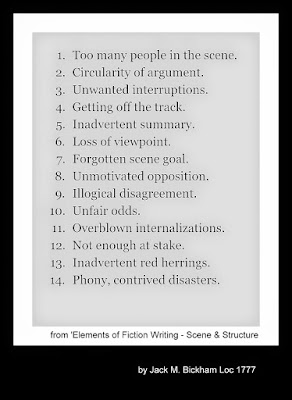Fig.1. My goal. To write scenes as fluidly as changing gear.
Goal: What does my central character want from this scene?
Conflict. Who is the conflict with?
Disaster. What is the disaster for this scene?
Fig.2. Common scene writing errors. From Bickman.
I have characters, locations, events and situations in my head. For some characters the story runs for fifty years, most intense age 6 to 21. Armed with this editor's tool I can ruthless delete, rewrite or come up with fresh scenes that meet the above criteria. It fits the pattern I want in my head of a story with momentum - that could be made into a linear drama for TV or film. I particularly recognise the need to ask repeatedly 'what is the disaster?' to conclude a scene. I related to this from a career in writing persuasive copy and videos where you repeatedly ask, then ask again 'what is the problem?" The first answer is usually weak, though compelling ... more likely the ninth or tenth idea will fit the brief.
Fig.3. Elements of Fiction Writing
I continue to read, note and try ideas from Jack M. Bickham's book 'Elements of Fiction Writing - Scene & Structure.' I continue with the Open University course on FutureLearn 'Start Writing Fiction', as well as content on Open Learn of the same title.
I also contribute to a LinkedIn group and Facebook pages on 'Start Writing Fiction' while writing in my own blog 'Start Writing Fiction.'



Comments
New comment
Can you get this on amazon. Looks like it could be quite helpful. I'm working on a very crap fantasy at min just for the fun of it. I'm about 15,000 word in but I'm struggling on the bits where it skips ahead to the future, Its hard to do, well it is to me. So I can imagine something like this would be quite usefull.
New comment
Hello Jonathan,
I am pleased to say that the T4W programme is slowly making it's way into most school. The schools in which this programme were piloted are now achieving national standards and above in English Literature. It's a very simple format, but over the years the children gradually bank and breadth of language they would never have had the opportunity to come into contact with, under the normal cirriculum. It's nice to see a new generation reconnecting with literature and understanding it.